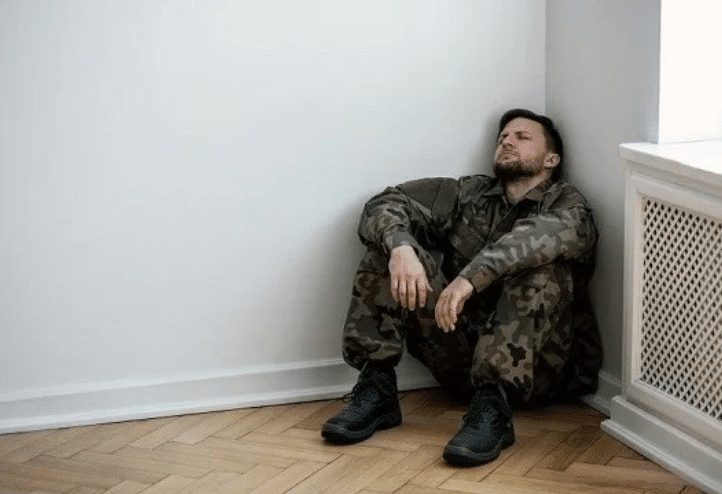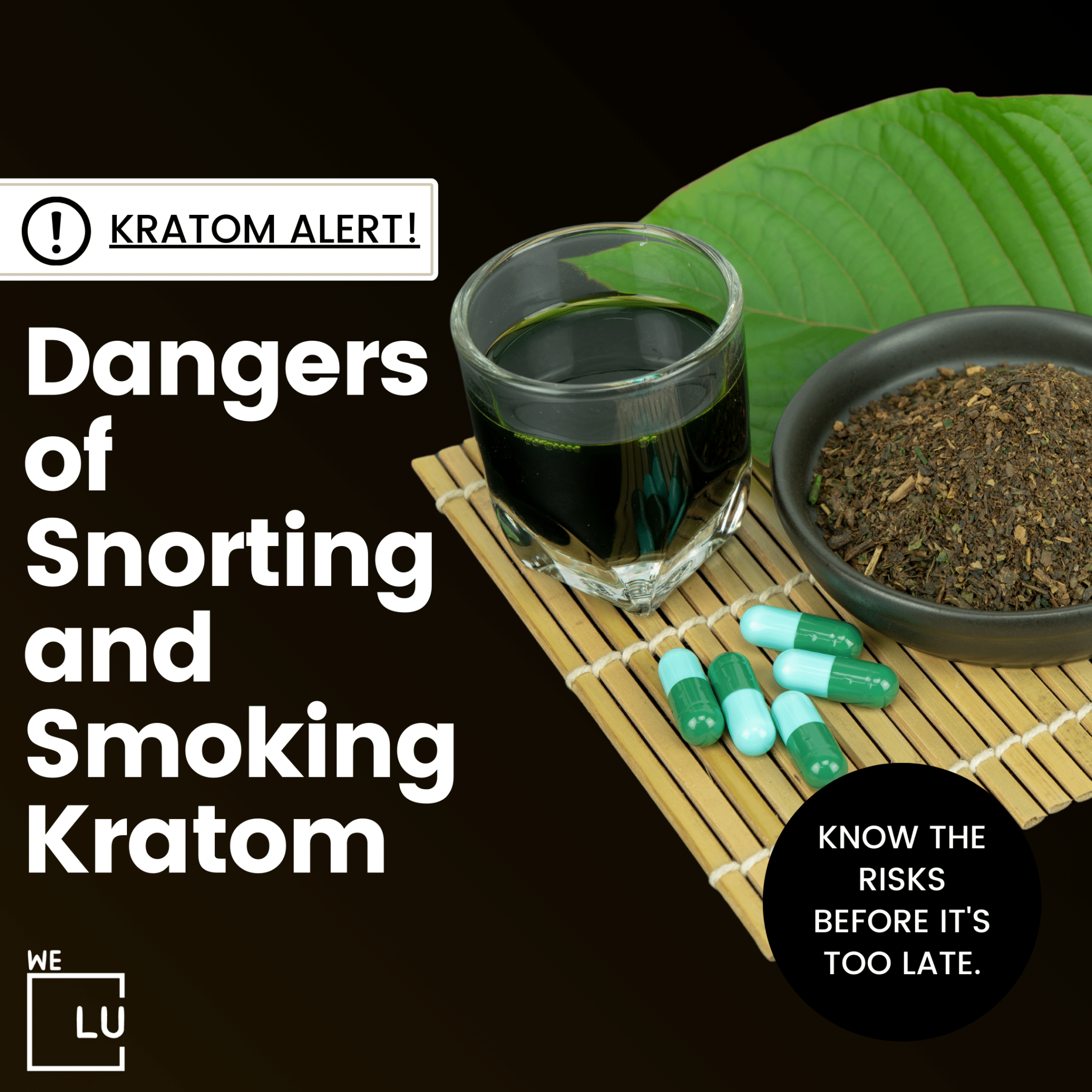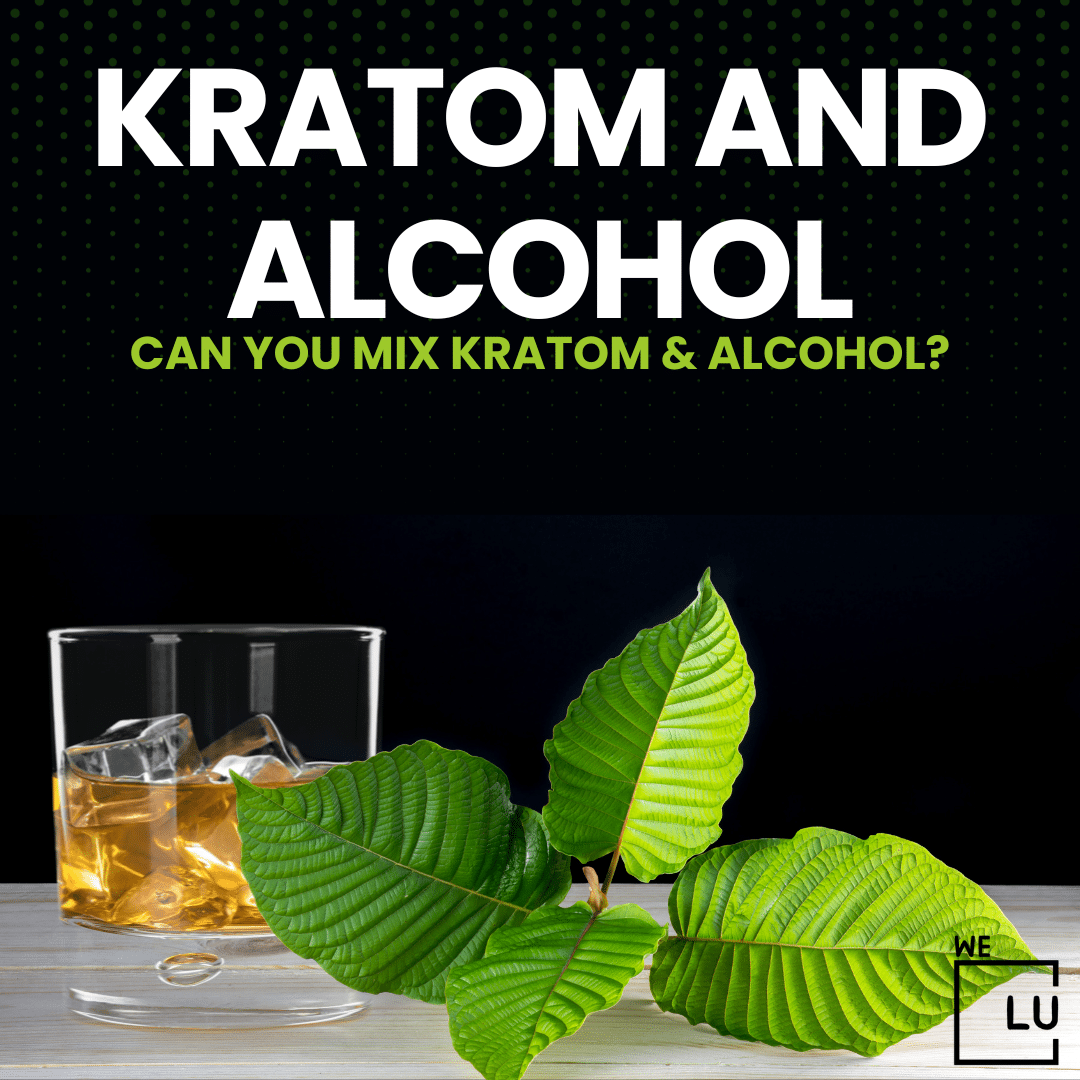Veterans Affairs or the VA Mental Health Services is crucial in addressing veterans’ unique mental health challenges, especially in conditions like Post-Traumatic Stress Disorder (PTSD). This article delves into the VA’s comprehensive range of mental health support, focusing on veterans’ well-being, PTSD diagnosis, and treatment.
We Level Up California is your dedicated partner for veterans seeking VA mental health services. Our center is committed to addressing veterans’ mental health needs and providing essential support and valuable resources. Embark on your path to well-being with We Level Up California’s comprehensive mental health services, available for TRICARE beneficiaries.
VA Mental Health Services For Veterans
VA Mental Health Services stand as a beacon of hope for veterans grappling with mental health challenges. These comprehensive services are specifically designed to cater to veterans’ distinct needs, acknowledging the complexities of their experiences.
From tackling conditions like Post-Traumatic Stress Disorder (PTSD) to providing individual and group therapy, VA Mental Health Services offer a range of interventions. These services address a spectrum of mental health concerns, including depression, anxiety, and substance abuse, which veterans might encounter due to their service.
Through evidence-based therapies, counseling, and personalized treatment plans, veterans can find solace and healing. VA Mental Health Services aim to empower veterans to navigate their mental health journey and reclaim their overall well-being. If you’re a veteran seeking support or know someone who is, exploring the comprehensive assistance provided by VA Mental Health Services can be a pivotal step toward healing and recovery.
Veterans Mental Health
The state of veterans’ mental health is a critical concern, reflecting the unique challenges they face due to their military service. While many veterans lead fulfilling lives after their service, a significant portion grapple with mental health issues like PTSD, depression, anxiety, and substance abuse.
The toll of combat exposure, separation from loved ones, and the stress of duty can leave lasting psychological impacts. Recognizing the importance of addressing these challenges, VA Mental Health Services have been developed to provide tailored support to veterans.
In recent years, there has been a growing acknowledgment of the need to destigmatize mental health concerns within the veteran community. Efforts to raise awareness, enhance accessibility to services, and offer veteran-specific therapies have shown promising strides.
As the conversation around veterans’ mental health continues to evolve, it’s crucial to amplify resources, support, and understanding. By fostering an environment where veterans can openly seek help, we contribute to the ongoing improvement of their mental well-being and ensure that no veteran faces these challenges alone.
Veterans Mental Health Services in California

Skip To:
Learn More:
- VA Rehab Center, Substance Abuse Treatment For Veterans. VA Alcohol Rehab & VA Drug Rehab. VA Vocational Rehab.
- TRICARE Insurance Coverage for Drug & Alcohol Rehab Treatment in California
- Drug and Alcohol Evaluation. Drug and Alcohol Evaluation Near Me. What Should You Expect?
- What Is Inpatient Rehab? Detox, Drug and Alcohol Addiction Treatment, Specialized Rehab Centers & Duration
- Mental Health
VA Hotline Mental Health
The VA’s mental health hotline, known as the Veterans Crisis Line, is available 24/7 to provide immediate support for veterans facing emotional distress or mental health crises. By dialing 1-800-273-TALK (1-800-273-8255) and pressing 1, veterans can connect with trained professionals who understand their unique challenges. This includes IoT (Interactions Over Time) veterans, ensuring that all those who have served receive the help they need during critical moments. The hotline is confidential, offering information, guidance, and resources to address mental health concerns.
Get Help. Get Better. Get Your Life Back.
Searching for an Accredited Drug and Alcohol Rehab Centers in Near You?
Even if you have failed previously and relapsed, or are in the middle of a difficult crisis, we stand ready to support you. Our trusted behavioral health specialists will not give up on you. When you feel ready or just want someone to speak to about therapy alternatives to change your life call us. Even if we cannot assist you, we will lead you to wherever you can get support. There is no obligation. Call our hotline today.
FREE Addiction Hotline – Call 24/7VA Mental Health Facts
Overview
Veterans often face unique mental health challenges due to their military service experiences. The Department of Veterans Affairs (VA) is committed to providing comprehensive mental health services to address these needs. These services aim to support veterans in managing conditions such as Post-Traumatic Stress Disorder (PTSD), depression, anxiety, and substance abuse.
Prevalence
Mental health in veterans concerns are prevalent. Around 30% of veterans who served in Iraq and Afghanistan experience PTSD or depression. Depression and anxiety rates among veterans are approximately 30%. Substance abuse affects nearly 1 in 10 veterans, often complicating their mental health treatment.
Suicide Risk
Veterans are at an elevated risk of suicide compared to the general population. Each day, about 20 veterans die by suicide, highlighting the critical need for accessible and effective mental health support.
Specialized Care
It’s estimated that 11-20% of veterans who served in Operations Iraqi Freedom and Enduring Freedom are affected by PTSD. The VA offers specialized care to address the complex challenges associated with this condition.
Comprehensive Services
The VA provides a range of mental health services, including evidence-based therapies, counseling, and support groups. These services are tailored to meet the diverse needs of veterans and are designed to empower them with tools for recovery.
Female Veterans
Female veterans face distinct mental health challenges. The VA acknowledges these unique needs and works to provide targeted support for this group, addressing issues such as PTSD, depression, and the increased risk of homelessness.
Ongoing Initiatives
The VA is dedicated to expanding access to mental health services, reducing stigma around seeking help, and enhancing the overall well-being of veterans. Initiatives are in place to create a safe and supportive environment where veterans can seek assistance without hesitation.
Collaborative Approach
VA mental health services often involve a collaborative approach, integrating medical, psychological, and social resources. This holistic approach aims to provide veterans with comprehensive care and support.
Tailored Support
Mental health services are tailored to the individual needs of veterans. This includes recognizing cultural factors, varying service experiences, and personal preferences, ensuring that each veteran receives appropriate and effective care.
Moving Forward
The VA remains committed to evolving its mental health services to meet the changing needs of veterans. Through ongoing research, training, and community engagement, the VA aims to improve the lives of veterans by enhancing their mental health and overall well-being.
VA Mental Health Statistics
Veterans face a notable challenge with substance abuse, as approximately 1 in 10 veterans deals with substance use disorder. This can encompass alcohol and drugs, with veterans being more susceptible to heavy alcohol use than civilians. Particularly concerning is the veterans and opioid addiction.
Co-occurring mental health issues like PTSD and depression often accompany substance use disorders in veterans. However, only a fraction of veterans struggling with addiction actually receive specialized treatment. Substance abuse also contributes to veteran homelessness, with around 70% of homeless veterans grappling with addiction. These trends underscore the necessity of comprehensive and targeted support for veterans dealing with substance abuse issues.
30%
Veterans struggles with substance use disorder, including alcohol and drugs.
Source: NIDA
20 Veterans per Day
An estimated 20 veterans die by suicide every day, a stark reminder of the gravity of the issue.
Source: NIDA
70%
Substance abuse is a contributing factor to veteran homelessness. Around 70% of homeless veterans struggle with substance abuse.
Source: NIDA
How Many Veterans Have PTSD?
The prevalence of Post-Traumatic Stress Disorder (PTSD) among veterans is a concerning reality. According to studies, it’s estimated that around 11-20% of veterans who served in Operations Iraqi Freedom and Enduring Freedom are affected by PTSD. This statistic underscores the significant mental health challenges that many veterans grapple with due to their military service.
Symptoms of PTSD in Veterans
Veterans who experience trauma while serving our country may develop post-traumatic stress disorder (PTSD). PTSD symptoms in veterans that are fairly common include:
- Re-experiencing Trauma: Flashbacks, nightmares, or intrusive thoughts about the traumatic event.
- Avoidance: Avoiding places, people, or activities that remind them of the trauma.
- Hyperarousal: Being easily startled, feeling tense, having difficulty sleeping, and being on high alert.
- Negative Changes in Mood: Feeling detached, emotionally numb, experiencing guilt, shame, or loss of interest.
- Cognitive Changes: Memory and concentration problems, negative thoughts about oneself or others, and distorted blame.
- Emotional Reactivity: Intense mood swings, irritability, anger, and outbursts.
- Physical Symptoms: Headaches, stomach problems, and other physical complaints without a clear medical cause.
- Social Withdrawal: Isolating oneself from family and friends, struggling with relationships.

Get Your Life Back
Find Hope & Recovery. Get Safe Comfortable Detox, Addiction Rehab & Dual Diagnosis High-Quality Care.
Hotline (855) 695-1160PTSD in Veterans
Many veterans’ lives are profoundly affected by Post-Traumatic Stress Disorder (PTSD), far beyond their time spent in military service. PTSD is a mental health condition that affects veterans and is rooted in the traumatic events that some of them may have experienced while serving their country.
Combat, military sexual trauma, and severe accidents are just some of the traumatic events that can trigger PTSD in veterans. Trauma from such experiences can leave permanent psychological scars, altering veterans’ perceptions and reactions to the world.
Traumatic flashbacks and nightmares are just two of the many symptoms of post-traumatic stress disorder (PTSD) in veterans. Other symptoms include increased vigilance, mood swings, and isolation. These unpleasant experiences are the mind’s attempt to understand and make sense of the trauma it has witnessed.
Fortunately, thanks to research, veterans now have more effective treatment options for post-traumatic stress disorder (PTSD). Veterans with PTSD now have access to a wide range of treatment options, from evidence-based therapies like Cognitive Behavioral Therapy (CBT) to specialized interventions like Eye Movement Desensitization and Reprocessing (EMDR).
Even though overcoming PTSD Veterans can be difficult, service members should know that they have support. Important pillars of recovery include support networks, VA Mental Health Services, and fellow veterans who have experienced similar things. The burden of PTSD among veterans is heavy, but we can help ease it by creating a community of understanding and support.
VA Mental Health Disability Ratings
Veterans experiencing mental health challenges due to their service can receive disability ratings from the Department of Veterans Affairs (VA). These ratings determine the extent of disability caused by conditions like PTSD, depression, anxiety, and more. The VA employs a rating system to assess the impact of mental health issues on a veteran’s ability to work and perform daily tasks. Ratings range from 0% to 100%, with higher ratings reflecting greater impairment. The disability rating influences the compensation and benefits veterans are entitled to, providing crucial support as they manage their mental health conditions.
=
Comfortable Facilities & Amenities
High-Quality Addiction & Mental Health Rehabilitation Treatment
Rehab Centers TourRenowned California Addiction Center. Serene Private Facilities. Inpatient rehab programs vary.
Addiction Helpline (855) 695-1160Proven recovery success experience, backed by a Team w/ History of:
15+
Years of Unified Experience
100s
5-Star Reviews Across Our Centers
10K
Recovery Success Stories Across Our Network
- Low Patient to Therapist Ratio
- Onsite Medical Detox Center
- Comprehensive Dual-Diagnosis Treatment
- Complimentary Family & Alumni Programs
- Coaching, Recovery & Personal Development Events

VA Inpatient Mental Health Facilities
At We Level Up California, we deeply respect your dedication to our nation, and we’re dedicated to providing you with top-tier care on your journey to healing. Our veterans’ mental health and PTSD services offer a sanctuary where you can reconstruct your life, repossess control, and unearth your true capabilities. Whether you’re a veteran seeking assistance or you’re helping a fellow veteran, We Level Up California stands ready to accompany you through every phase of your recovery.
VA Mental Health Evaluation Questions
During a mental health evaluation at the VA, veterans may be asked a range of questions to assess their emotional well-being and mental health needs. Some common questions may include:
- How have you been feeling emotionally lately?
- Have you experienced any significant changes in your mood or energy levels?
- Are you able to enjoy activities that you used to find pleasurable?
- Have you been sleeping well? Are you having any trouble falling asleep or staying asleep?
- Are you experiencing any feelings of anxiety, worry, or panic?
- Do you ever have thoughts of harming yourself or others?
- Have you noticed changes in your appetite or weight?
- How would you describe your relationships with family and friends?
- Are you experiencing difficulty concentrating, making decisions, or remembering things?
- Are you currently using any substances like alcohol or drugs to cope?
These questions help mental health professionals understand a veteran’s experiences and determine the most appropriate care and support.
World-class, Accredited, 5-Star Reviewed, Effective Addiction & Mental Health Programs. Complete Behavioral Health Inpatient Rehab, Detox plus Co-occuring Disorders Therapy.
CALL (855) 695-1160End the Addiction Pain. End the Emotional Rollercoaster. Get Your Life Back. Start Drug, Alcohol & Dual Diagnosis Mental Health Treatment Now. Get Free No-obligation Guidance by Substance Abuse Specialists Who Understand Addiction & Mental Health Recovery & Know How to Help.
Help for Veterans With PTSD
Veterans dealing with post-traumatic stress disorder (PTSD) can find a range of specialized assistance to aid their recovery journey. At We Level Up California, we offer targeted therapies that address the unique challenges veterans face. Trauma-focused therapies, cognitive-behavioral therapy, group counseling, and mindfulness techniques are tailored to alleviate PTSD symptoms.
Our experienced professionals work closely with veterans to develop personalized treatment plans that encompass medication management, coping strategies, and lifestyle adjustments. Through our holistic approach, veterans receive comprehensive support to regain control of their lives and find renewed strength.
Programs for Veterans With PTSD
At We Level Up California, we understand the unique challenges veterans face when dealing with post-traumatic stress disorder (PTSD). That’s why we offer a comprehensive range of specialized programs specifically designed to address their needs. Our dedicated approach includes:
- Trauma-Focused Therapy: Tailored therapy sessions that help veterans process and heal from traumatic experiences.
- Cognitive-Behavioral Therapy (CBT): Techniques to reshape negative thought patterns and develop effective coping skills.
- Individual Counseling: One-on-one sessions with experienced therapists to address personal concerns and challenges.
- Group Support: Structured group sessions that foster a sense of community and provide a safe space for sharing experiences.
- Mindfulness Practices: Techniques to promote relaxation, reduce anxiety, and enhance overall well-being.
- Holistic Therapies: Incorporating approaches like yoga, art therapy, and meditation for a comprehensive healing experience.
- Personalized Treatment Plans: Collaborative efforts with veterans to create tailored strategies that suit their unique needs.
- Medication Management: If necessary, medication is integrated into the treatment plan under medical supervision.
- Lifestyle Adjustments: Guiding veterans toward healthier lifestyle choices that contribute to their mental well-being.
Our programs empower veterans to navigate their journey toward recovery, find renewed strength, and rediscover a sense of purpose.
Experience Transformative Recovery at the We Level Up California Treatment Center.
See our authentic success stories. Get inspired. Get the help you deserve.



Start a New Life
Begin with a free call to an addiction & behavioral health treatment advisor. Learn more about our dual-diagnosis programs. The We Level Up treatment center network delivers recovery programs that vary by each treatment facility. Call to learn more.
- Personalized Care
- Caring Accountable Staff
- World-class Amenities
- Licensed & Accredited
- Renowned w/ 100s 5-Star Reviews
We’ll Call You
Find the Support You Need With We Level Up California
Explore specialized mental health programs for veterans with TRICARE coverage. Connect with our admissions team to confidentially assess your benefits and find tailored solutions at We Level Up California. Take the first step towards improved well-being today.
Great Tips to Maintain Great Mental Health
#1: Find out who your true friends are. Many of us rotate between various social circles and groups of people, and everyone seems nice on the surface. But everyone who smiles at you does not necessarily have your best interests at heart. Try to really pay attention to how people you consider your friends act when you’re high and when you’re low, when you get a promotion or lose a job, enter a new relationship, or end one. Their initial response will be their authentic one. In order to keep a healthy heart, you want to surround yourself with people who are on your team, and will be solid like roots, not wavy like leaves.
#2: Find a way to express your feelings. One of the best and most effective ways to maintain a healthy heart is to never hold your emotions inside. When you swallow your feelings, they have nowhere to go but your mind, and you can easily create a negative narrative in your head as to how loved and valued you really are. So find a way to express your emotions, be it by journaling, meditating, praying, writing poetry, writing music, talking to a friend, or talking to a therapist. If you can find an outlet for your emotions, it will be easier for you to understand and manage them.
#3: Be kinder to yourself. Our last, and personally, favorite strategy for maintaining a healthy heart is to just be kinder to yourself. You are a human, which means you will make mistakes. You will mess up. But your mistakes and your past do not define who you are. We are constantly evolving and growing and that takes time and patience. Just like plants, we need water and nutrients to help us on the inside and sunlight to warm us on the outside. Learn how to rest; do not drive yourself into the ground trying to meet deadlines. If someone offers to take care of you or bring you food because they’re worried about you, let them.
Search We Level Up CA VA Mental Health Services, VA Mental Health & PTSD Veterans Topics & Resources
Sources:
- Di Leone BA, Vogt D, Gradus JL, Street AE, Giasson HL, Resick PA. Predictors of mental health care use among male and female veterans deployed in support of the wars in Afghanistan and Iraq. Psychological Services. 2013;10(2):145–151. [PubMed]
- Elbogen EB, Wagner HR, Johnson SC, Kinneer P, Kang H, Vasterling JJ, Timko C, Beckham JC. Are Iraq and Afghanistan veterans using mental health services? New data from a national random-sample survey. Psychiatric Services. 2013;64(2):134–141. [PMC free article] [PubMed]
- Fasoli DR, Glickman ME, Eisen SV. Predisposing characteristics, enabling resources and need as predictors of utilization and clinical outcomes for veterans receiving mental health services. Medical Care. 2010;48(4):288–295. [PubMed]
- Frayne SM, Phibbs CS, Saechao F, Maisel NC, Friedman SA, Finlay A, Berg E, Balasubramanian V, Dally SK, Ananth L, Romodan Y, Lee J, Iqbal S, Hayes PM, Zephyrin L, Whitehead A, Torgal A, Katon JG, Haskell S. Sourcebook: Women veterans in the Veterans Health Administration. Volume 3. Sociodemographics, utilization, costs of care, and health profile. Washington, DC: Women’s Health Evaluation Initiative, Women’s Health Services, Veterans Health Administration, Department of Veterans Affairs; 2014.
- GAO (Government Accountability Office). DcD health: Actions needed to ensure post-traumatic stress disorder and traumatic brain injury are considered in misconduct separations. Washington, DC: Government Accountability Office; 2017.
- Hoge CW, Castro CA, Messer SC, McGurk D, Cotting DI, Koffman RL. Combat duty in Iraq and Afghanistan, mental health problems, and barriers to care. New England Journal of Medicine. 2004;351(1):13–22. [PubMed]
- Hosmer DW, Lemeshow S. A goodness-of-fit test for the multiple logistic regression model. Communications in Statistics. 1980;A10:1043–1069.
- IOM (Institute of Medicine). Returning home from Iraq and Afghanistan: Assessment of readjustment needs of veterans, service members, and their families. Washington, DC: The National Academies Press; 2013. [PubMed]
- IOM. Treatment for posttraumatic stress disorder in military and veteran populations: Final assessment. Washington, DC: The National Academies Press; 2014. [PubMed]
- Jakupcak M, Hoerster KD, Blais RK, Malte CA, Hunt S, Seal K. Readiness for change predicts VA mental healthcare utilization among Iraq and Afghanistan war veterans. Journal of Traumatic Stress. 2013;26(1):165–168. [PubMed]
- Kehle-Forbes SM, Meis LA, Spoont MR, Polusny MA. Treatment initiation and dropout from prolonged exposure and cognitive processing therapy in a VA outpatient clinic. Psychological Trauma. 2015;8(1):107–114. [PMC free article] [PubMed]
- Krouse WJ. Gun control legislation in the 113th Congress. Washington, DC: Congressional Research Service; 2015.
- Krouse WJ. Gun control: Federal law and legislative action in the 114th Congress. Washington, DC: Congressional Research Service; 2017.
- Lee SE, Fonseca VP, Wolters CL, Dougherty DD, Peterson MR, Schneiderman AI, Ishii EK. Health care utilization behavior of veterans who deployed to Afghanistan and Iraq. Military Medicine. 2015;180(4):374–379. [PubMed]




